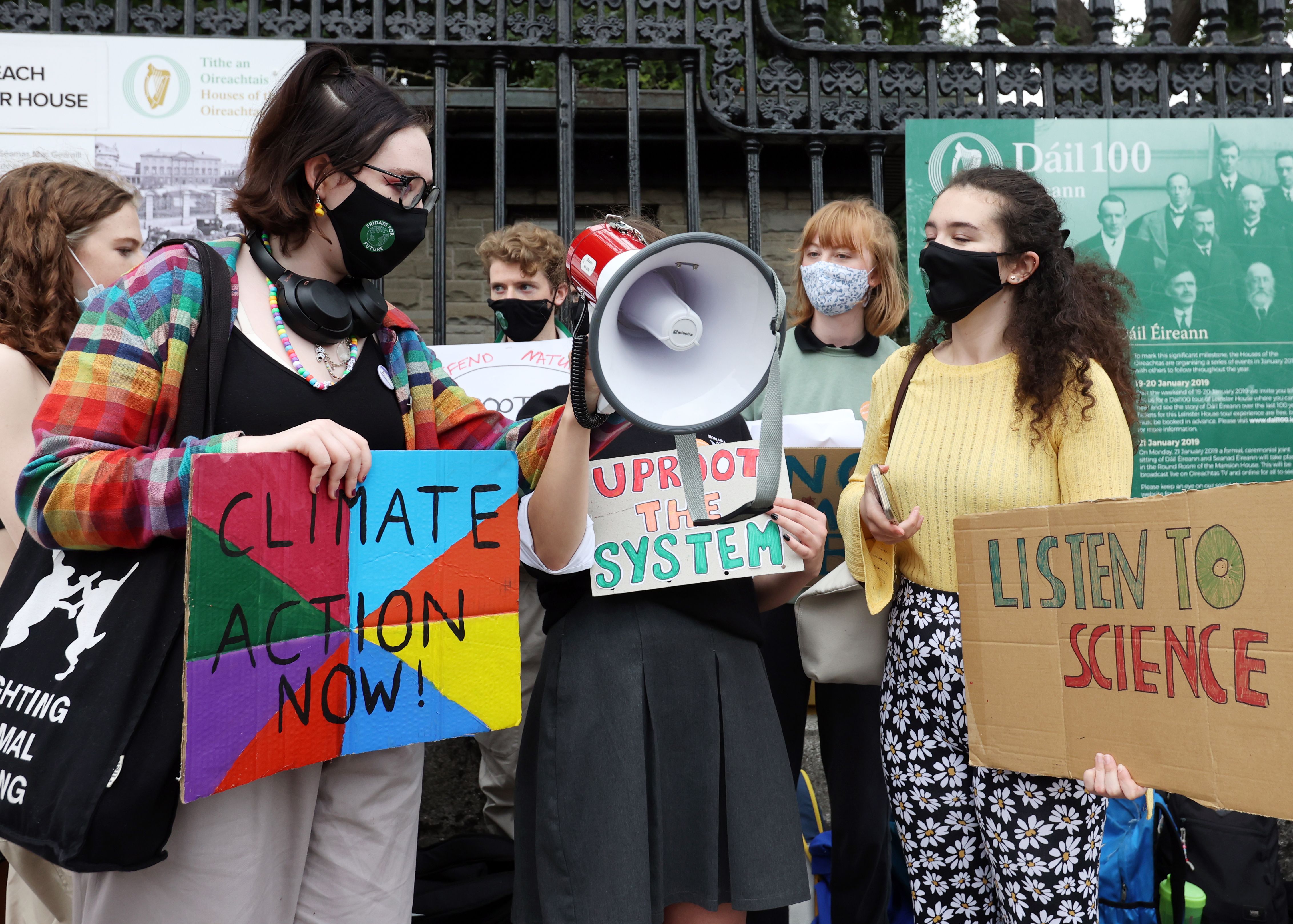CATHOLICS are more inclined than Protestants to be concerned about climate change, according to new research.
Research from the NI Life and Times (NILT) Survey, conducted by the ARK social policy hub – a collaboration between social scientists at Queen’s and Ulster universities – found that Catholics were more likely to be concerned about climate change than Protestants. Presbyterians in particular were more likely to be sceptical.
Catholics were found to be more inclined than Protestants to think of climate change as at least partially a human-caused problem, to trust scientific experts and to support strong climate action.
Within Protestantism, however, there was considerable divergence. Presbyterians, for example, were found to be more sceptical than Church of Ireland members when it came to attitudes to climate change.
The survey found that the more regular the attendance at religious services, the slightly higher the degree of scepticism about: humans having caused climate change; scientists being trustworthy; the need for climate action.
Conversely, those raised in a religion but no longer identifying with it expressed greater concern about climate change than current adherents.
Those of ‘No Religion’ and Catholics agreed most with statements about the importance of climate change and the need for climate action. The next highest group was Church of Ireland with the lowest groups being ‘Others’ and Presbyterians.
The information is based on the NILT Survey of 2024, which polled 1,199 people including 383 respondents who identified as Catholic, 193 as Presbyterian and 144 as Church of Ireland. The category ‘Others’ encapsulates smaller denominations as well as non-Christian faiths.
The main findings include:
- When asked ‘Do you think climate change is caused by natural processes, human activity or both?’, 62 per cent of Catholics chose ‘mainly or entirely by human activity’, followed by 56 per cent from Church of Ireland, 49 per cent Others and 38 per cent Presbyterians
- 47 per cent of Presbyterians agreed that scientific experts can be trusted to tell the truth about climate change, compared to 75 per cent of Catholics
- 80 per cent of Catholics and ‘No Religion’ thought politicians should be doing more about climate change, compared to 65 per cent of Presbyterians
- The people most ‘personally worried’ about climate change were non-believers (78 per cent); followed by Catholics (77 per cent); Church of Ireland (69 per cent); Presbyterians (53 per cent); and Others (52 per cent)
- Catholics felt most ‘personal responsibility’ to play their part in combatting climate change (81 per cent) compared to Church of Ireland (75 per cent) and Presbyterian (68 per cent)
Co-author Dr Jonny Hanson, from the School of Social Sciences, Education and Social Work (SSESW) at Queen’s University, said: “Climate change is a defining issue of our time.
"There is therefore an urgent need for engagement with religious communities to address climate change in Northern Ireland and beyond.
“Our research points to the need for moral leadership from religious communities, especially as the Climate Change Act is fully implemented in the coming years.
“But the timing is good – the Presbyterian Church in Ireland is hosting a major conference at the end of September here in Belfast entitled ‘God’s World – Our Responsibility?’ It will hopefully see much discussion and leadership on some of these very important issues.”
Co-author Professor Gladys Ganiel, also from the School of SSESW at Queen’s, added: “The research shows strong connections between religion and climate attitudes in Northern Ireland, highlighting the importance of considering faith perspectives in climate debates and policymaking.”
Co-author Dr Emma Soye, from the School of History, Anthropology, Philosophy and Politics at Queen’s, added: “The NILT data suggests that those seeking to influence attitudes on climate change in different religious settings need to engage with specific realities within those communities.”






